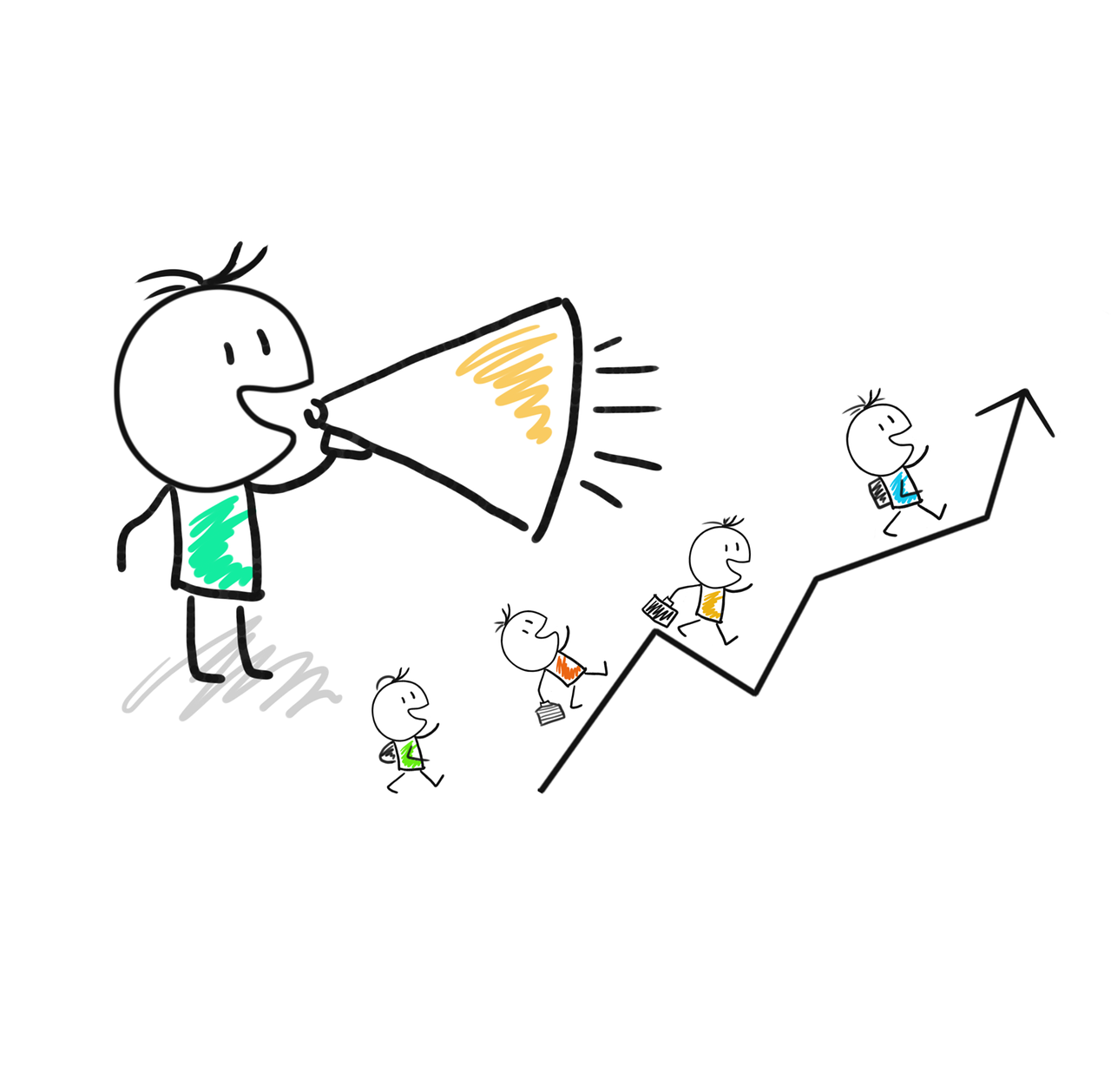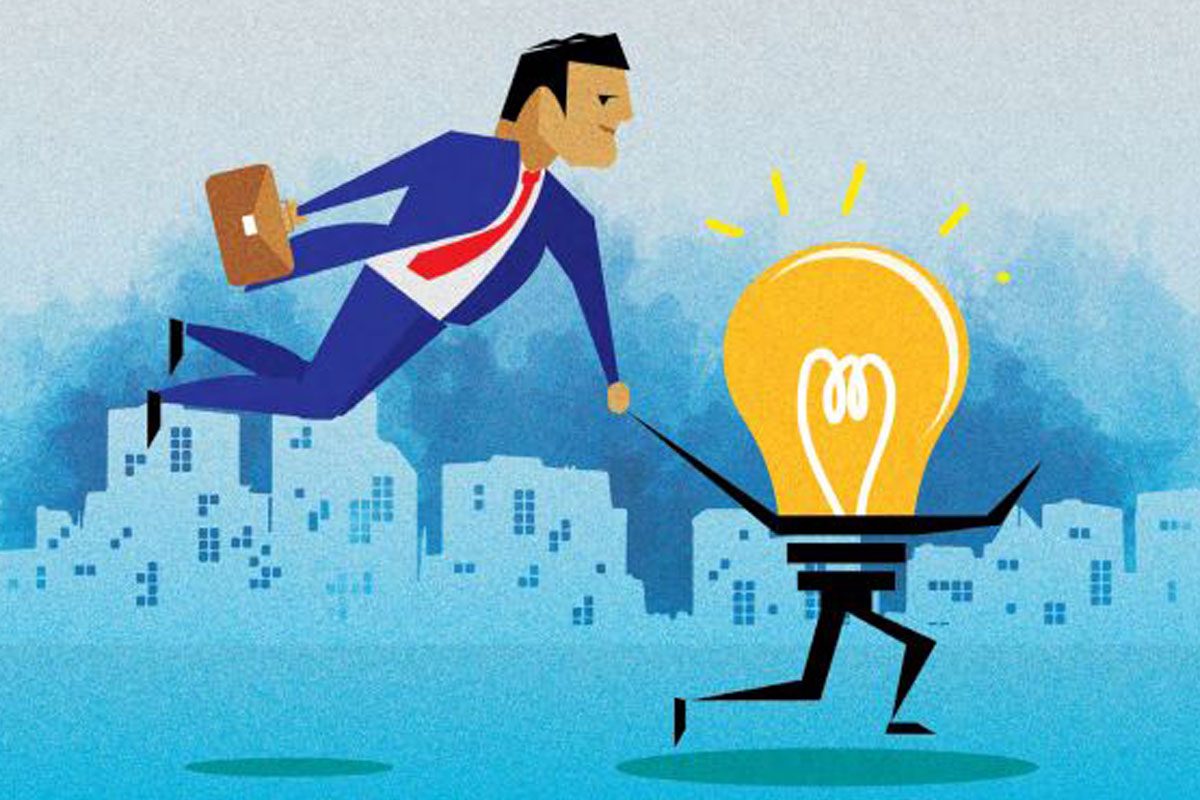Amar Bedi
Chief Executive Officer at Tashi Network

Building and investing in blockchain infrastructure and Web3 gaming. Seasoned business professional in the tech industry specialising in GTM, scale ups and BD. Previously, helped scale...
Show More- Web3 Technologies: Understanding decentralized applications and blockchain
- DePIN Solutions: Exploring the next-gen decentralized infrastructure
- Scaling Startups: Strategies for growth in tech industries
- Effective Leadership: Empowering teams in dynamic environments
- Life Coaching: Finding personal growth and self-fulfillment.






202082165146.jfif)


202173095156.jpg)
